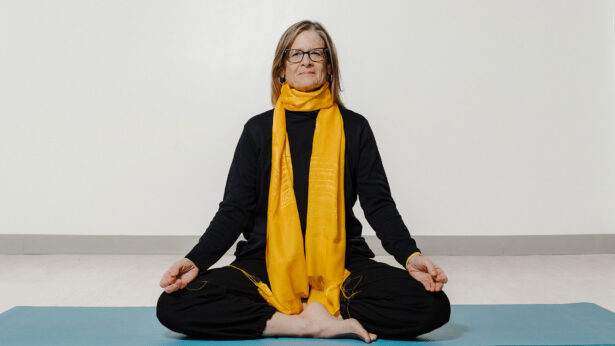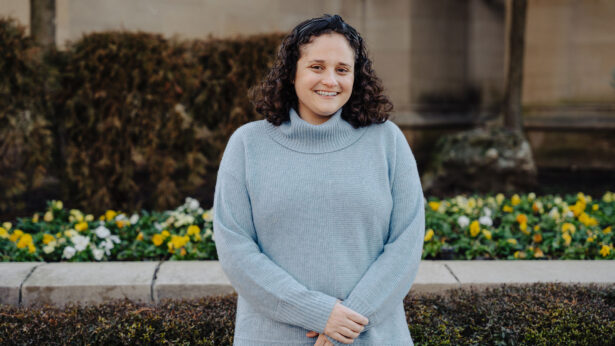Retirement beckons each of us, promising golden days of golf or travel or visiting grandchildren. But will leisure pursuits be enough to occupy baby boomers who’ve prided themselves on how many balls they can keep in the air? Maybe you need a rest, but do you want to rest for all your remaining years?
Financial planning for retirement tends to command more attention than emotional planning. Saving—or worrying because you haven’t saved enough—is a topic explored ad nauseam in print and around the water cooler. But it’s equally important to have a plan for how you will fill at least some of those soon-to-be leisure hours.
Say No to Fulltime Leisure
As you near retirement age, UT psychologist Eric Sundstrom says to ask yourself what you have found fulfilling up until now and what you would like to keep doing.
“As we get older, we have to think carefully about retirement,” he says. Life expectancy is growing, and the traditional retirement age of 65 just doesn’t mean what it used to. “Retiring isn’t a black-and-white decision. You have a huge range of options, either within your current career—where you might possibly pick some aspects of your job that your employer would let you continue doing—or in a volunteer job to help your community.”
Sundstrom says if you aren’t fully ready to retire, don’t. “If you like what you do, keep on doing it.” He says some employers, realizing the value of older employees, will agree to let them stay on with a reduced level of responsibility—a win-win in which the employee is able to decrease the number of work hours but maintain purposeful activity. The employer keeps a valuable and reliable reservoir of job knowledge.
He says the full-time leisure approach to retirement doesn’t work for most people, and it can even be unhealthy. “If you’re bored and unfulfilled, it could shorten your life. Some research suggests those who are mentally, socially, and physically active have a longer life expectancy. You have to have a reason to get up in the morning.”
Connie Baskette, longtime retirement director for UT, echoes Sundstrom. She has watched hundreds of people make the decision to retire, and her experience tells her those who have something to retire “to” are happier than their less-purposeful colleagues. “Either people are rushing into this next phase of their lives with gusto or they go reluctantly,” she says. “Typically those with outside interests and hobbies or grandchildren have a much better attitude toward the longest vacation of their lives.”
Sundstrom, who is also a principal at a non-financial retirement planning business called My Next Phase, says a “successful” retirement is based on understanding yourself. “If you’re people-oriented, you’ll still have that need. If you’re an introvert, you may struggle to find a new circle of friends. Look back at your personal history and decide what you’re temperamentally suited for.”
The professor advises making a long list of your interests and the things you enjoy doing. “Then narrow it down to what makes sense and redefine your role.” Change produces stress, he says, and retirement is a huge change. “If you haven’t planned, you’re in a position to flunk retirement.”
In a recent AARP poll, 70 percent of people aged 45 and older said they intended to work after retiring. Sundstrom says the percentage who actually do that may be lower. “Baby boomers are very optimistic,” says the professor (a boomer himself, at age 60). “We are in some amount of denial. We have an exaggerated sense of what we think we can do.” But he has faith the boomer generation will change the retirement paradigm: “Can we redefine the idea of retirement? I think we will.”



